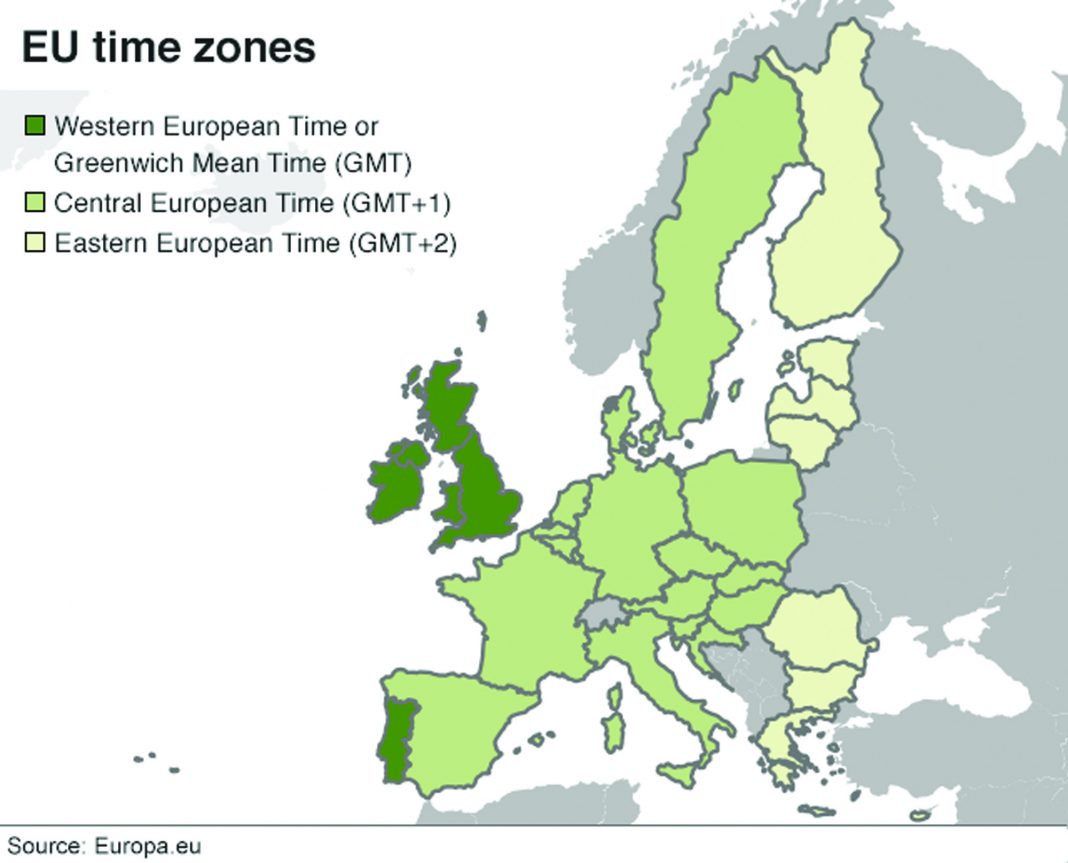Did you remember to put the clocks forward one hour? Sadly, I completely forgot to attend to this bi-annual nonsense this time, but thanks to my smartphone and watch it was done automatically, and so there was no need to be concerned. My laptop computer and other devices all managed to adjust to the new time too.
It was only a few years ago when the first part of the day would be spent adjusting the time on clocks and watches. Do you remember those annoying car clocks? I never did bother to change mine and worked on the basis that they would be correct for at least six months of the year, so why bother?
Visitors often ask whether the time in the Canary Islands is the same as in the UK. It is, but it is not the same as in Peninsula Spain, which is always one hour ahead. This is due to a number of reasons, which I covered in an earlier ‘Letter’, with the main one being the agreement between Spain’s General Franco and Adolf Hitler during the Second World War, when Spain agreed to follow the same time as Berlin.
Fortunately, the tedious nonsense of changing time forwards or backwards twice a year, known as Daylight Summer Time (DST), is due to come to an end, because the European Parliament approved a measure by a massive majority in favour to abolish the twice-yearly time change.
The change will take place in 2021and individual member states will decide whether they wish to live permanently either on summer time or winter time. Once the decision has been made, it will become permanent.
Many of us will recall all the usual arguments about the need to switch time twice a year because of “Scottish farmers” or “children walking to school in the dark”, as well as many more, but I have always remained unconvinced. To me, the arguments put forward have always seemed to be both spurious and unconvincing.
I am more convinced by a growing body of evidence, which shows that time changes are harmful to public health, as well as to the economy. The time change confuses the brain and leads to a reduction in productivity. There are also increased levels of health concerns, including more accidents at work reported during the immediate period following a time change.
One of the more plausible and historical reasons given for sticking with DST was thought to be a saving on energy costs. Even this argument has been shown to be nonsense, since data now suggests that the policy results in even greater energy consumption.
Sadly, I do now have to mention the dreaded ‘B’ word, since the EU’s decision may or may not have an impact upon the UK. If the UK does finally leave the EU it will be free to continue with DST as usual and to ignore the EU’s decision to abandon it. I suspect there will be a strong move from Brexiteers to ignore any suggestions from the EU and to rigidly stick with DST, and no doubt on the grounds of “national sovereignty”.
This would, of course, be nonsense both economically and socially for the island of Ireland, since the Republic of Ireland and Northern Ireland could potentially be operating in two different time zones creating many unforeseen issues relating to cross border cooperation. Now, there’s another thought to toss into the already steaming and putrid cauldron, commonly known as Brexit.
If you enjoyed this article, take a look at my websites: http://barriemahoney.com and http://thecanaryislander.com or read my latest book, ‘Letters from the Canary Islands’ and Spain’ (ISBN: 9780995602731). Available in paperback from Amazon, Waterstones and all good bookshops, as well as Kindle editions
Join me on Facebook: @barrie.mahoney
© Barrie Mahoney





